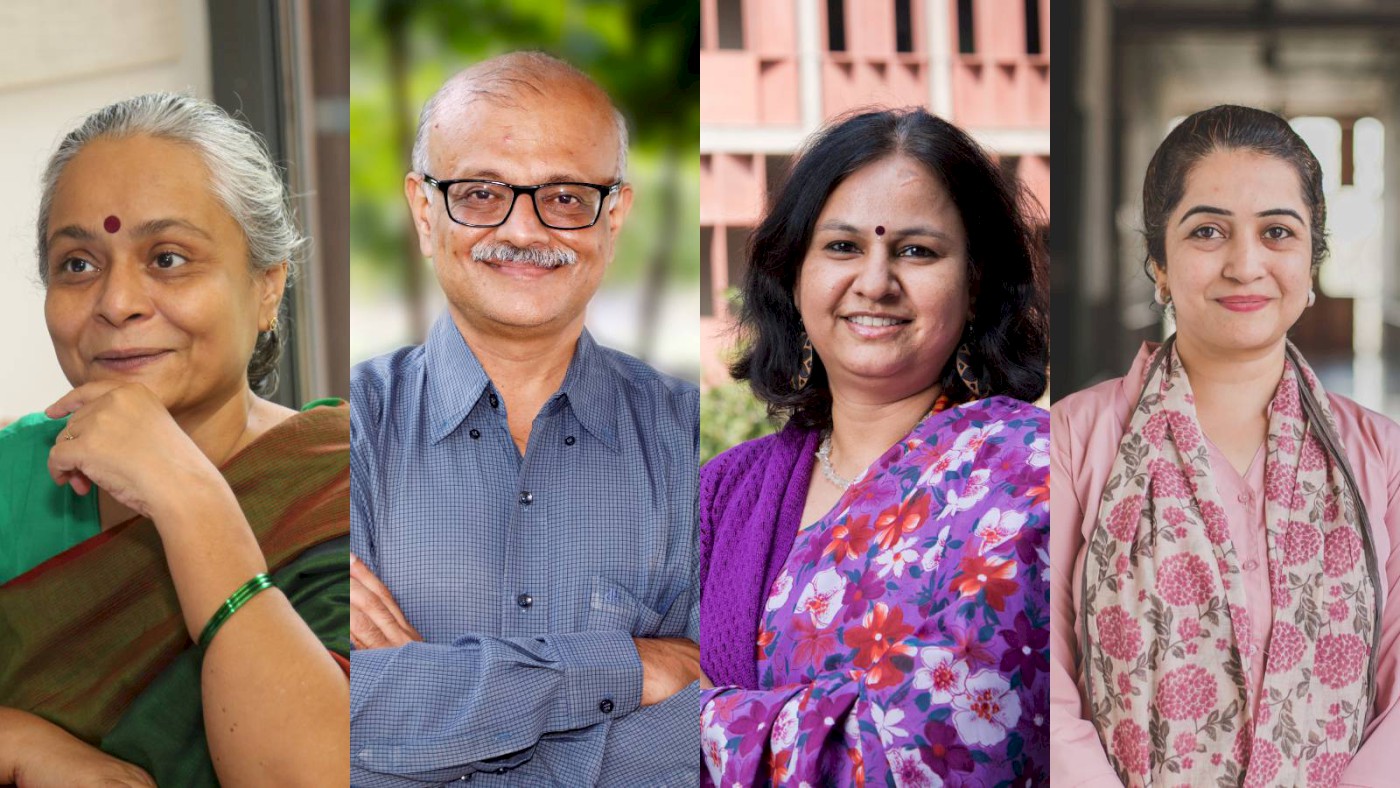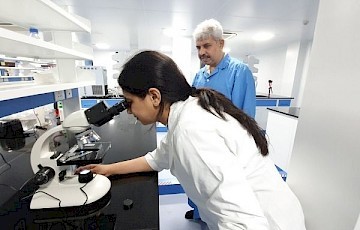9 February 2025
Healthy Family Communication Can Boost Student's Problem-solving and Coping Abilities

The COVID-19 pandemic significantly impacted student mental health, leading to social disruptions, academic challenges, and emotional distress that affected student adjustment.
Recent research, conducted by Ahmedabad University professors Shilpa Pandit, Amit Nanavati, Bijal Mehta, and Sonal Yadav, and published in the International Journal of Adolescence and Youth, highlights crucial factors influencing this adjustment. Their study, "Distress, Coping, and Emotional Health During the Gradual Opening of University Systems, Post-COVID-19, in India," reveals that student adjustment is primarily influenced by personal strengths, effective coping mechanisms, and the ability to navigate academic challenges.
The research emphasises the critical role of family support and communication. Sharing feelings with family is a key differentiator between distressed and well-adjusted students. Conversely, feelings of exclusion and a lack of confidantes are strong indicators of distress. The quality of family communication directly affects students' ability to cope with fear and stress, and the way students actively address problems significantly impacts their mental wellbeing.
The study necessitates the need for an inclusive university environment, fostering social connection and support, is essential for students to overcome these challenges. Institutions must provide comprehensive resources and support systems to help students thrive academically and emotionally in this post-pandemic world.
This research exemplifies the power of interdisciplinary collaboration, the core of Ahmedabad University's ethos, uniting the diverse perspectives of faculty from Ahmedabad University's Schools of Arts and Sciences, Engineering and Applied Science, and the Amrut Mody School of Management.



